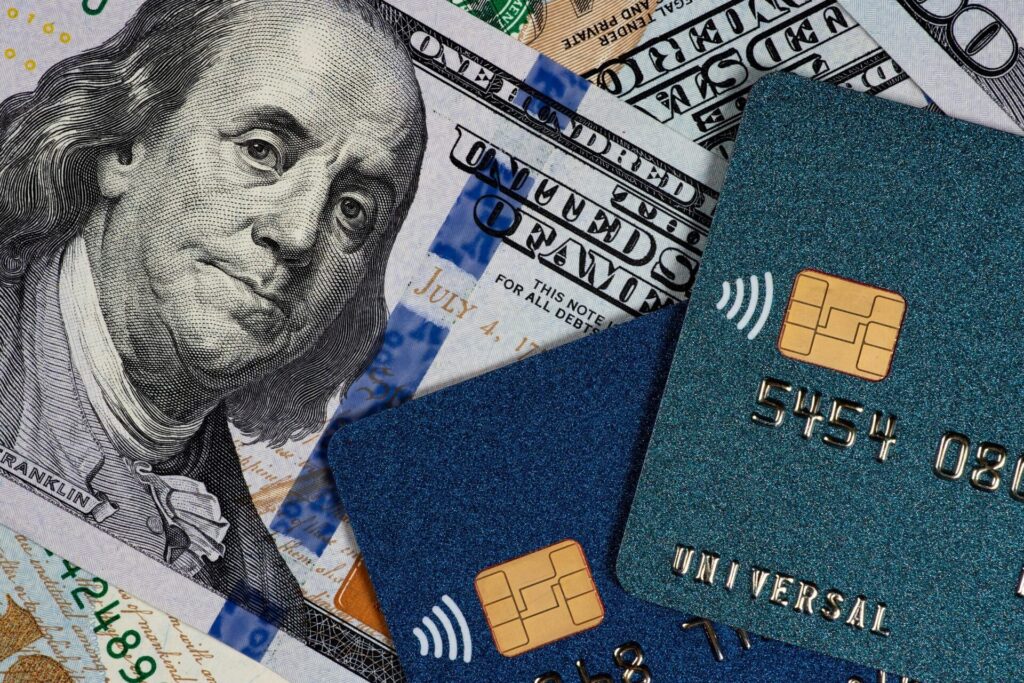Your credit score is a complicated beast, there’s no doubt about that. It usually goes up or down at least a little bit each month, and sometimes it’s hard to understand why. There are 5 key things that determine your credit score.
1. Your payment history (35% of your FICO score)
Have you paid most of your bills on time? That’s the biggest piece of the pie when it comes to things that impact your credit score. If you have payments that are a few days late once in a while, that’s not going to affect this number. In most cases, once a payment is 30 days late or more, it’s likely to affect your credit score.
2. How much debt you have (30%)
The amount of money you owe—for everything from credit cards to student loans to car payments—is another factor that has a big impact on your credit score. The more debt you have—and the higher its proportion to your income (known as debt to income ratio)—the more likely it is to hurt your credit score.
3. The length of your credit history (15%)
When it comes to credit, older is usually better. Accounts you’ve had for a long time (if they’re in good standing) are like references who know you well vouching for your creditworthiness. New accounts aren’t as helpful for that, and in fact, if you have too many new accounts they can actually harm your credit. It’s a good idea to keep your old accounts, and make sure you have more longstanding accounts than new ones.
4. Your credit mix (10%)
There are all sorts of credit accounts you might have—credit cards, mortgages, loans, etc—and creditors generally want to see a diverse blend. That tells them that you’re able to effectively manage and stay current with different types of credit.
5. New Credit (10%)
When you apply for new lines of credit, those inquiries stay on your credit report for 2 years. Lenders don’t like to see too many inquiries, and it can impact your score. New credit will also decrease the average age of your credit accounts, which can lower your score. So before you apply for a new line of credit, it’s a good idea to carefully consider whether you really need it.
If you need a way to build your credit, Brigit’s Credit Builder1 can be an easy way to do it. It helps you build credit history by saving as little as $1 a month in your Brigit account.
1Impact to score may vary. Some users’ scores may not improve. Results will depend on many factors, including on-time payment history, the status of non-Brigit accounts, and financial history. Results show that customers with a starting credit score of 600 or below were more likely to see positive score change results. A Brigit subscription is required. Credit Builder loans are not available in all states.
The Brigit Credit Builder is a service provided by Brigit and its bank partner, Coastal Community Bank, Member FDIC. The Brigit Credit Builder product is separate from the Brigit Instant Cash Advance service. Brigit Credit Builder installment loans are issued by Coastal Community Bank, Member FDIC, subject to approved underwriting practices.










